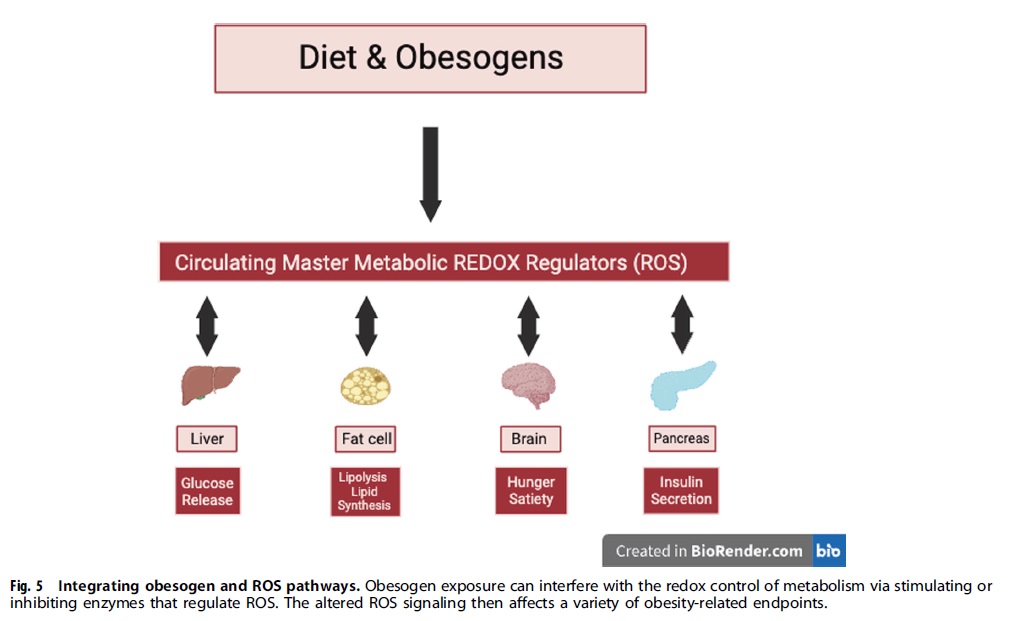Title: Obesogens: A Hidden Driver Behind the Global Obesity Epidemic
Overview: Despite advances in diet and medicine, the global obesity epidemic continues to rise, presenting a challenge to public health worldwide. A groundbreaking study published in the International Journal of Obesity proposes a unifying theory integrating multiple models of obesity, emphasizing the role of “obesogens.” These are environmental chemicals that interfere with hormonal signaling, disrupt metabolism, and increase susceptibility to weight gain. The study combines insights from the Energy Balance Model (EBM), Carbohydrate-Insulin Model (CIM), Oxidation-Reduction Model (REDOX), and the novel Obesogen Model (OBS), creating a holistic perspective on obesity.
Key Highlights:
- The Role of Obesogens: These chemicals—present in air, food, packaging, and household products—affect hormonal signaling and generate reactive oxygen species (ROS). This disrupts energy efficiency and promotes fat storage.
- Developmental Impacts: Obesogens can program susceptibility to obesity starting in utero, altering gene expression and increasing the likelihood of weight gain across lifespans and generations.
- Integrated Models: The study synthesizes data from EBM (caloric intake), CIM (insulin response), REDOX (metabolic signaling), and OBS (chemical exposures), offering a comprehensive understanding of obesity.
- Call to Action: Reducing obesogen exposure is vital for preventing obesity. Simple steps include minimizing ultra-processed foods, avoiding plastic containers, and using purified water.
- Future Directions: Research must focus on identifying obesogens, their metabolic impacts, and actionable strategies to mitigate exposure through policy, education, and innovation.
Summary: The unifying theory proposed by Heindel et al. underscores the complexity of obesity and challenges conventional approaches that solely focus on diet and exercise. By identifying obesogens as key players in metabolic disruption, the study calls for a shift toward environmental and preventative strategies to combat obesity. The integration of multiple models highlights the need for holistic interventions that target both chemical exposures and nutritional habits.
Link: https://pubmed.ncbi.nlm.nih.gov/38212644/
Stay tuned to MetabolicMatrix.info for more insights on the science behind metabolic health and actionable strategies to promote wellness in a complex world.

